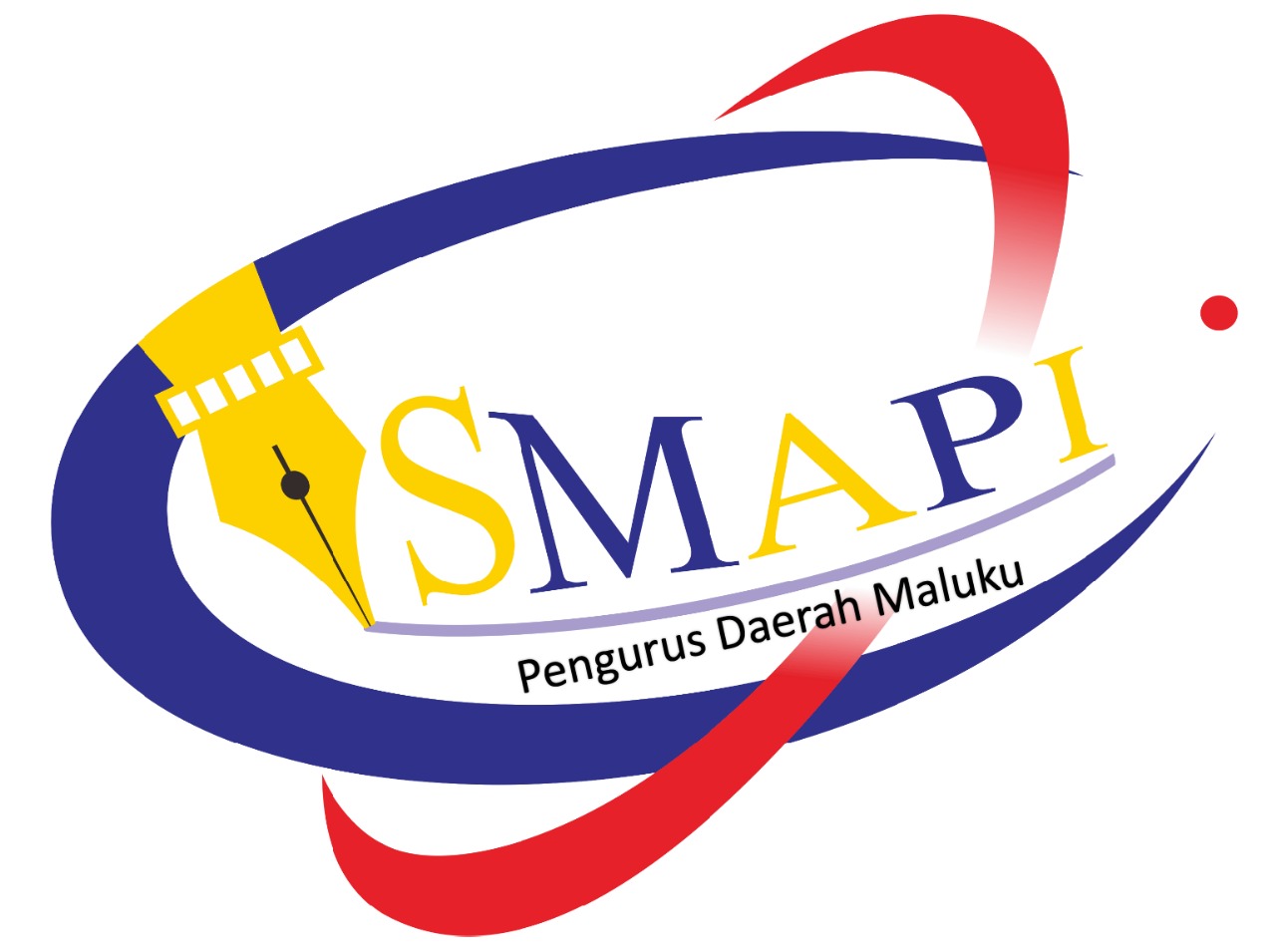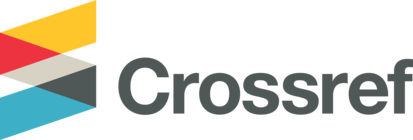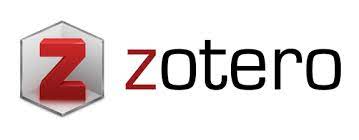User Menu
Focus and Scope
EDUCATIONE: Journal of Education Research and Review welcomes submissions of original research articles, theoretical analyses, and innovative educational practices. This journal embraces multidisciplinary and interdisciplinary approaches in education. The scope includes but is not limited to the following thematic areas:
1. Early Childhood, Primary, Secondary, and Higher Education
This section includes theoretical and empirical research on policy development, instructional strategies, curriculum design, assessment, and educational management across various educational stages—from early childhood (ECE) to higher education. Contributions may explore child development, pedagogical effectiveness, teacher training, or the transformation of higher education within global and digital contexts.
2. Educational Administration, Management, and Leadership
Focuses on the strategic and operational aspects of educational systems at micro and macro levels. Topics include school governance, transformational leadership, education policy evaluation, quality assurance, and human resource management in education. The journal also accepts studies on school-based management models and the role of leadership in fostering student character development.
3. Instructional Technology and Digital Learning
Explores the use of technology in teaching and learning, such as e-learning platforms, Learning Management Systems (LMS), augmented reality (AR), virtual reality (VR), and artificial intelligence (AI) in education. It also includes studies on digital pedagogy, the effectiveness of learning media, and digital literacy among educators and learners.
4. Guidance and Counseling, Educational Psychology, and Educational Sciences
Includes research on psychological interventions, counseling practices in schools, personality development, and psychosocial issues in educational settings. Also welcomed are articles on learning theories, cognitive development, and psychological approaches to addressing academic and developmental challenges in students.
5. Science, Mathematics, Social Studies, and Language Education
Examines the pedagogy and methodology in core academic subjects such as STEM (Science, Technology, Engineering, Mathematics), social sciences, and language arts. Topics include contextual learning, curriculum development, numeracy and scientific literacy, civic and citizenship education, historical and economic instruction, geography education, and communicative language and literature pedagogy.
6. Religious, Health, and Physical Education
Addresses moral and character education rooted in religious values, spiritual integration in pedagogy, mental and physical health education, and physical education curriculum promoting active lifestyles. This section also includes the contribution of religious education to students’ moral and identity formation.
7. Vocational, Technical, Nonformal, Informal, Inclusive, Character, and Global Education
Focuses on vocational skill development, industry-linked education, competency-based and project-based learning, and lifelong education. This theme also includes education for marginalized populations, alternative education systems, inclusive education, global citizenship, and character education for sustainable human development.
8. Interdisciplinary Studies and Curriculum Innovation
Open to research that integrates disciplines such as sociology, anthropology, economics, and technology into educational research. Topics include innovative curriculum design, the Merdeka Curriculum, project- and research-based learning models, and curriculum reconstruction to meet 21st-century educational challenges.



















